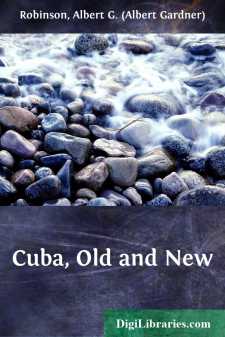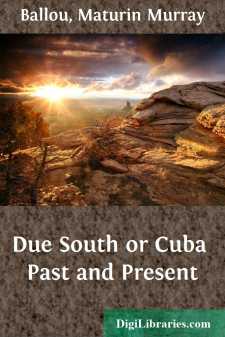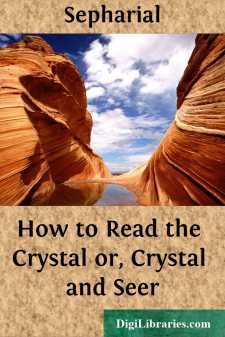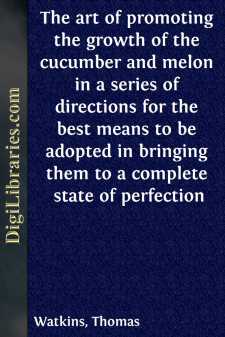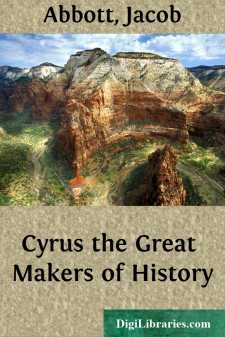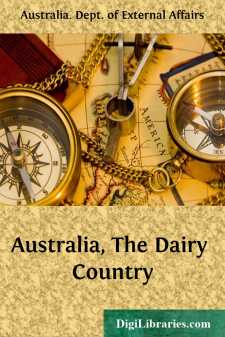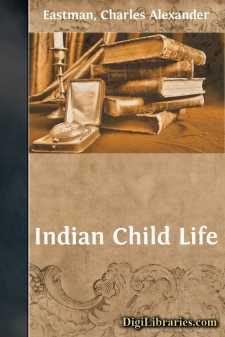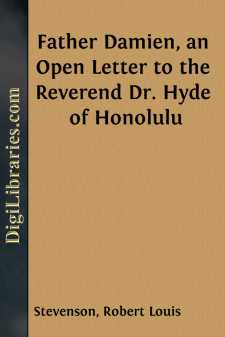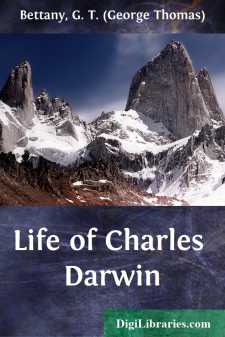Non-Classifiable
- Non-Classifiable 1768
Non-Classifiable Books
Sort by:
I OLD CUBA Christopher Columbus was a man of lively imagination. Had he been an ordinary, prosaic and plodding individual, he would have stayed at home combing wool as did his prosaic and plodding ancestors for several generations. At the age of fourteen he went to sea and soon developed an active curiosity about regions then unknown but believed to exist. There was even then some knowledge of western...
more...
CHAPTER I.Departure. — On Board Ship. — Arrival at Nassau. — Capital of the Bahamas. — Climate. — Soil. — Fruits and Flowers. — Magic Fertility. — Colored Population. — The Blockade Runners. — Population. — Products. — A Picturesque Local Scene. — Superstition. — Fish Story. — The Silk-Cotton Tree. — Remarkable Vegetation. — The Sea Gardens. — Marine Animal Life. —...
more...
by:
Sepharial
CHAPTER I. A POSTULATE Any attempt at a scientific explanation of the phenomenon of "crystal seering," to use an irregular but comprehensive term, would perhaps fall short of completeness, and certainly would depend largely upon the exercise of what Professor Huxley was wont to call "the scientific imagination." The reasons for this are obvious. We know comparatively little about atomic...
more...
by:
A. B. Shute
WALTER DETERMINES TO ENTER THE NAVY "Well, Walter, I suppose the newspapers are going like hot cakes this morning." "They are, Mr. Newell. Everybody wants the news. I ran out of 'Globes' and 'Heralds' before seven o'clock, and sent Dan down for fifty more of each." "That was right. It's a windfall for us newsdealers, as well as a glorious victory to...
more...
by:
Thomas Watkins
Having, when young, imbibed a particular inclination to study the culture of the cucumber and melon, under the direction of my father, whose character as an early framer was in high repute, I assiduously tried every experiment which was calculated to improve upon his system, by bringing them to a more complete state of perfection. In marking the progress of their growth, I usually committed to writing...
more...
by:
Jacob Abbott
Herodotus and Xenophon. B.C. 550-401The Persian monarchy.Singular principle of human nature.Cyrus was the founder of the ancient Persian empire—a monarchy, perhaps, the most wealthy and magnificent which the world has ever seen. Of that strange and incomprehensible principle of human nature, under the influence of which vast masses of men, notwithstanding the universal instinct of aversion to...
more...
The suitability of Australia as a country for the dairyman is referred to in the report of the Scottish Agricultural Commission, who toured the States of the Commonwealth in 1910-11, in the following terms:—An up-to-date Milking Yard."The practice of dairying, in a limited domestic sense, as applied to the milking of a few cows and the making of a little butter and cheese for family use, is as...
more...
A LETTER TO THE CHILDREN Dear Children:—You will like to know that the man who wrote these true stories is himself one of the people he describes so pleasantly and so lovingly for you. He hopes that when you have finished this book, the Indians will seem to you very real and very friendly. He is not willing that all your knowledge of the race that formerly possessed this continent should come from...
more...
Sir,—It may probably occur to you that we have met, and visited, and conversed; on my side, with interest. You may remember that you have done me several courtesies, for which I was prepared to be grateful. But there are duties which come before gratitude, and offences which justly divide friends, far more acquaintances. Your letter to the Reverend H. B. Gage is a document which, in my sight,...
more...
CHAPTER I. If ever a man's ancestors transmitted to him ability to succeed in a particular field, Charles Darwin's did. If ever early surroundings were calculated to call out inherited ability, Charles Darwin's were. If ever a man grew up when a ferment of thought was disturbing old convictions in the domain of knowledge for which he was adapted, Charles Darwin did. If ever a man was...
more...


